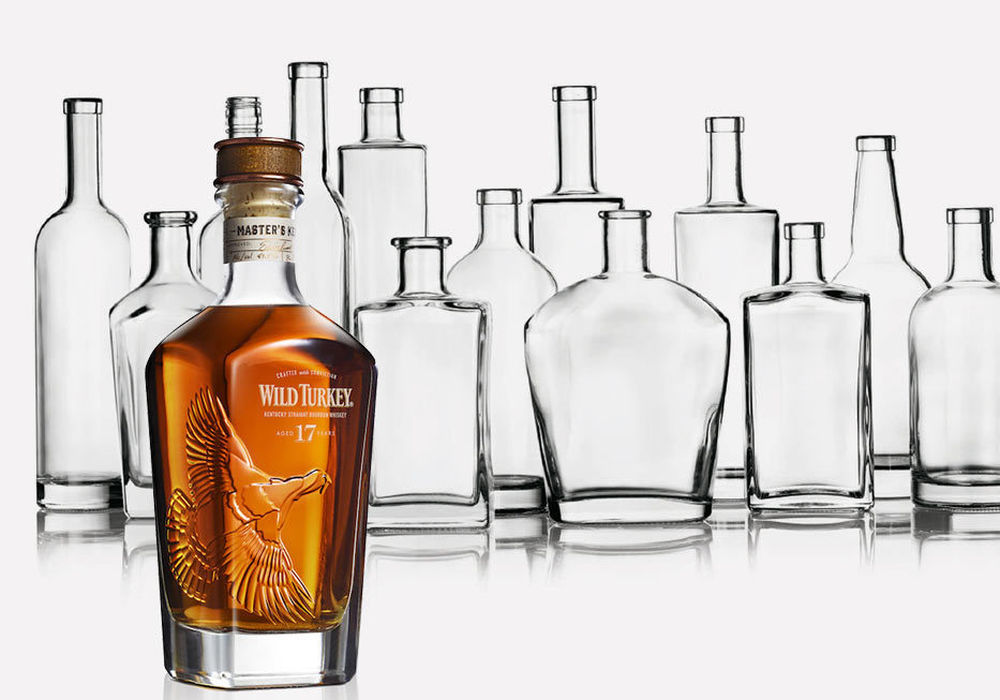Beauty. Versatility. Health. Endless Recyclability. Sustainability. Purity... Glass inspires us to create innovative and modern brand-building packaging with a functional elegance and quality that exceed all other packaging materials. We are proud to say that O-I glass is the vessel of choice for many of the world's best-loved food and beverage brands.

Glass has always been, and always will be, the kindest packaging option for a sustainable future for the planet and its people.
Find out more about our article featured in the Future of Packaging magazine!
Our Covet™ Classics Collection was created with your needs in mind, allowing small orders, quick deliveries and faster speed to market.
Covet™ brings the best of O-I's global capabilities, including custom glass design and decoration, a collection of classic O-I bottle designs and O-I's innovation portfolio to help high-end brands seize market opportunities.
The Covet collection
Buying craft products is about being independent, about the search for something different, and about rebelling against the generic macro-brands.
More about craftBetto is a Sicilian pastry shop and deli in Milan aiming to boost sales through establishing a take-away offering. They worked with 6th to design a premium and collectable packaging range for their customers.
Read the storyFood served from glass tastes better, looks better and feels better. Glass has been around for ages, but these statements are still universal truths in the food industry. O-I’s glass food packaging combines secure, optimum protection with compelling, beautiful design; key elements that drive consumer preferences and expectations.
Discover our food packaging solutionsThe rose is b(l)ooming. Celebrities and millennials set the pace through social media buzz like the frozen cocktail frozé and the brosé movement - crowning rosé as the summer drink of choice for everyone. The result: rosé sales doubled last summer.
More about roséInternal embossing offers brand-owners the chance to create a unique point-of-interest difference through the use of innovative packaging that will capture the attention of consumers in an increasingly cluttered market.
Read moreSome people say, whiskey is Irish. The name itself is derivative of the Gaelic term, uisce beatha, meaning “water of life”.
And at the moment, the Irish water of life is giving the other spirits a run for their money. Its popularity is skyrocketing in the US and Eastern-Europe making it the fastest growing spirit in the world. According to the International Wine and Spirits Research (IWSR), Irish whiskey has grown 400% in the last decade.
Read more